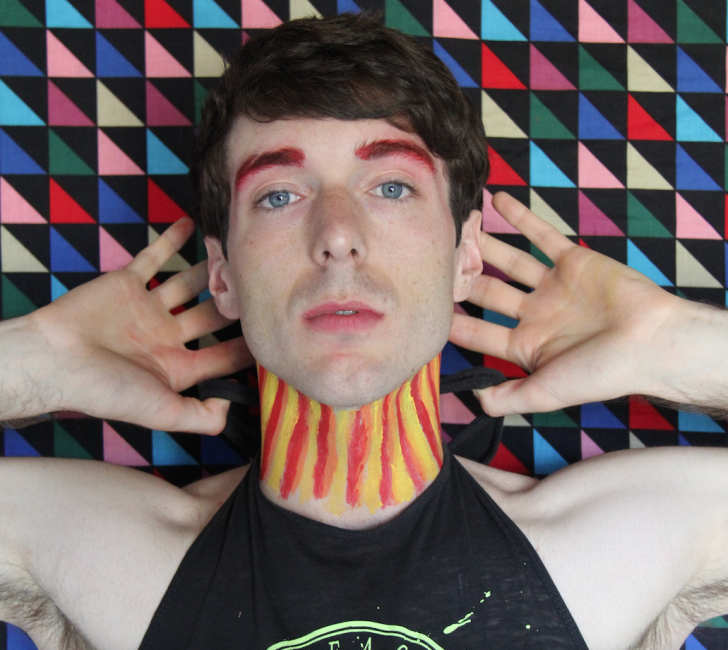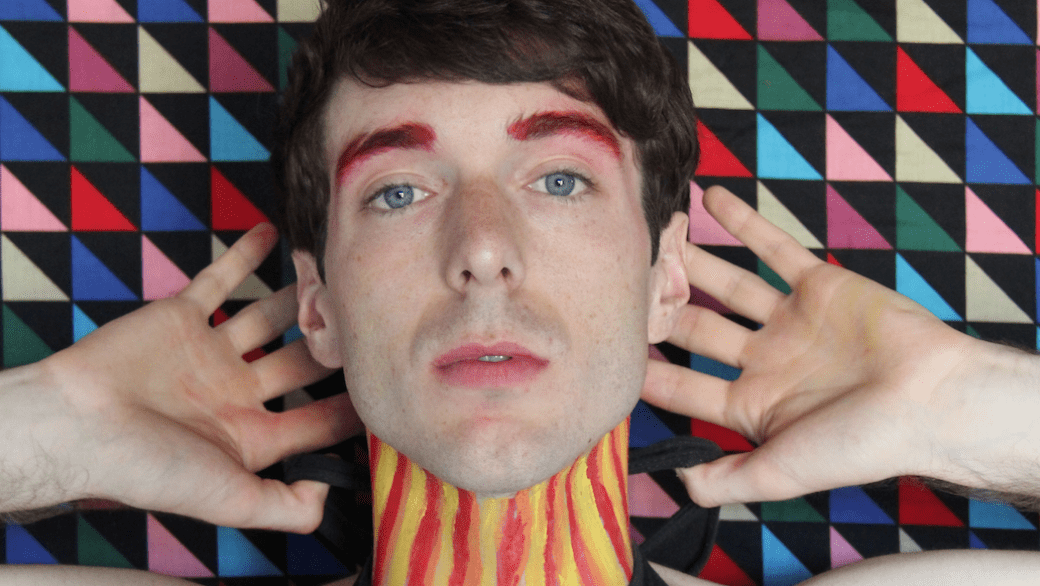Most people know Jordan Tannahill as a writer/director and co-head (along with William Ellis) of Kensington Market’s Videofag. But way back in 2008 when he arrived wide-eyed from the suburbs of Ottawa, Tannahill had a brief moment in the spotlight with Squashed; the solo show he created for the unit that he also performed in. The quirky piece told twin tales of a teenage boy whose older brother dies during a friendly fire incident in Afghanistan and a farmer growing a prize-winning squash. Though it hasn’t seen the light of day since, the piece foreshadowed key themes in his future works like Concord Floral and Late Company; family dynamics, suburban aesthetics and fraught comings-of-age.
Since then it’s been nothing but stars for the 27-year-old wunderkind. He’s got multiple Dora awards, a Governor General’s Award, two published books and offers to work with the top companies in the country. And it all started in the bar of 12 Alexander St.

Daily Xtra: Where were you at in your life when you decided to apply to the program?
Jordan Tannahill: I was in my first year of film school at Ryerson. I had loved making plays in high school and missed the collaborative energy of the rehearsal room so I wanted the chance to get back to that and explore something outside the program of study I was in. Buddies also presented me with a vision of queerness, a politic and a community I’d never previously encountered and I found it thrilling.
You’ve become known as one of the country’s pre-eminent queer artists as well as the co-curator of one of its more important queer spaces. How did working with Buddies at that early phase of your career shape your ideas about what it means to be queer?
I went to very liberal arts high school and I did explore my sexuality in a somewhat rudimentary, adolescent way there through my work. But I wasn’t really exposed to the notion of queer in all of its embodied complexities until I encountered Buddies. The politic and community that existed within this new, queer context was thrilling for me and completely redefined how I envisioned myself as an artist.
These days you’re known as a writer/director/curator. But I don’t know that many people think of you as a performer. Did this experience make you want to perform? Did it turn you off performance? Or was it simply a vehicle to explore writing that came with the package of having to perform?
I think by then I was pretty sure I was just interested in writing and directing, but having to perform was an exciting challenge. That said, by the time people are reading this I’m probably going to be back on stage. William (Ellis) and I perform in A Man Vanishes, a play Greg MacArthur has written especially for us that we’re doing at Videofag (on until Sunday, March 20, 2016). Performing is still as exciting as it was eight years ago. But maybe not quite as scary.
Were there specific things that you learned from that experience that helped you get to where you are today?
It really was my entry into the Toronto theatre world. It established Buddies as a creative home for me and gave me the confidence to continue to put my work out there. It was my first experience with dramaturgy, my first playwrights unit, and my first time presenting work within a professional festival context. Most importantly it inflamed my curiosity and desire to learn more and dig deeper into theatre.
I guess it’s fair to say then that experience of the youth program was important in your career?
Hugely. Buddies has indelibly informed who I am as an artist and a human being; my community, my politics, my aesthetics. Whether the result of shows I saw there, or conversations I had on the dance floor, Buddies allowed me to embrace the sublime outcast within myself. I don’t think I would have ever invested the time and energy I did into creating Videofag with William, in forging space for marginality and risk, if it wasn’t for my exposure to Buddies.
Read about another Young Creators Unit alum Tawiah M’carthy or Katie Sly >>


 Why you can trust Xtra
Why you can trust Xtra


